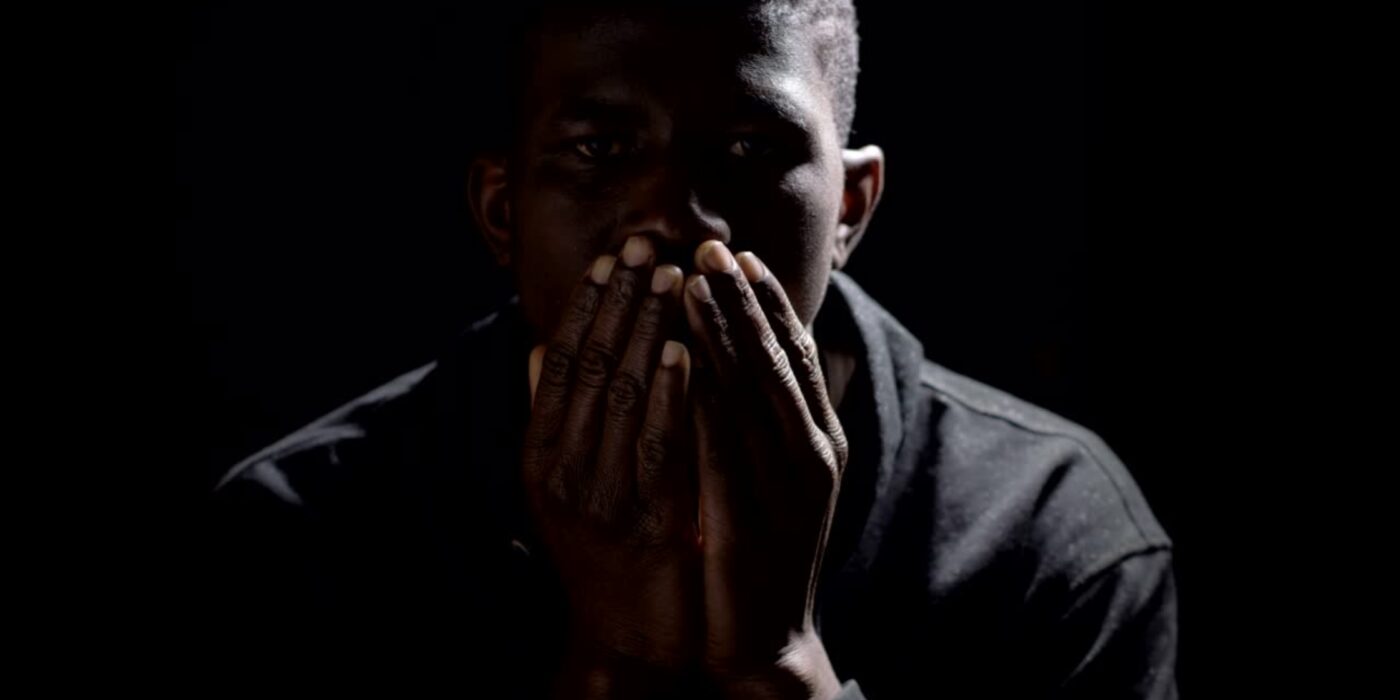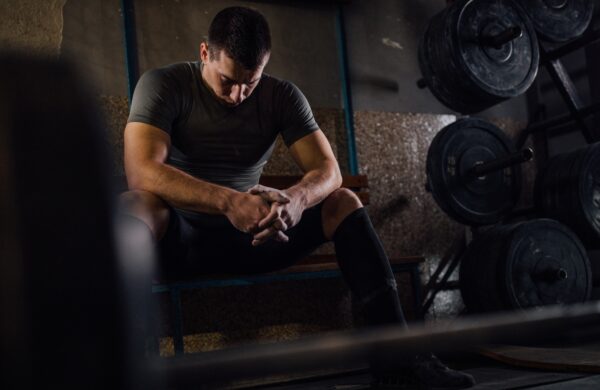Anxiety is a challenge that many men face but seldom discuss. Societal norms often discourage men from addressing their emotional struggles, making anxiety a silent yet significant burden. This article delves into practical and effective strategies to manage and learn the coping strategies for anxiety in men, empowering them to lead healthier, more balanced lives with comprehensive methods and actionable insights.
Understanding Anxiety in Men
Anxiety is not simply stress or nervousness; it’s a pervasive state of unease that can manifest physically, mentally, and emotionally. For men, societal pressures to remain stoic can lead to suppressed emotions, making anxiety even harder to recognize and address.
Why Men Experience Anxiety Differently
Research shows that men often internalize their emotions, leading to physical manifestations such as headaches, muscle tension, fatigue, and digestive issues. These symptoms are frequently misdiagnosed or dismissed as minor ailments, perpetuating the cycle of untreated anxiety.
Furthermore, societal conditioning emphasizes “strength” as emotional restraint, deterring men from seeking help. This resistance can result in untreated anxiety evolving into chronic mental health challenges, including depression or substance abuse.
The Importance of Acknowledgment
Recognizing and acknowledging anxiety is the first step toward managing it. Many men resort to unhealthy coping mechanisms like excessive alcohol use, overeating, or workaholism as a means of avoiding their struggles. Breaking this cycle begins with self-awareness and proactive steps to address the root causes.
Practical Coping Strategies for Anxiety in Men
- Physical Activity for Coping Strategies for Anxiety in Men:
- Exercise: Physical activity is a proven stress reliever. Activities like weightlifting, running, swimming, or yoga help release endorphins, improving mood and reducing anxiety. Strength training combined with cardiovascular exercises can have profound mental health benefits.
- Consistency: A routine of at least 30 minutes daily, even through light activities like walking or stretching, can significantly improve overall mental health.
- Mindfulness and Relaxation Techniques:
- Meditation: Mindfulness practices like meditation enable men to focus on the present moment, reducing the overwhelming nature of anxious thoughts.
- Deep Breathing Exercises: Simple techniques, such as the 4-7-8 breathing method, can immediately calm a racing mind.
- Progressive Muscle Relaxation: This involves systematically tensing and relaxing different muscle groups, fostering physical and mental relaxation.
- Guided Tools: Apps like Calm, Insight Timer, or Headspace provide structured guidance, making mindfulness accessible to everyone.
- Professional Support for Coping Strategies for Anxiety in Men:
- Therapy: Therapists specializing in coping strategies for anxiety in men can provide tools like Cognitive Behavioral Therapy (CBT), which helps identify and restructure negative thought patterns.
- Medication: In some cases, medication prescribed by healthcare professionals can supplement therapy to alleviate severe symptoms.
- Online Therapy Options: Virtual platforms like BetterHelp and Talkspace offer affordable and confidential mental health services.
- Healthy Lifestyle Choices:
- Sleep: Prioritize quality sleep by maintaining consistent bedtime routines and avoiding screens before bed. Lack of sleep exacerbates anxiety.
- Nutrition: A diet rich in omega-3 fatty acids, magnesium, and whole grains promotes mental wellness. Avoid excessive caffeine or sugar, which can trigger anxiety.
- Hydration: Staying well-hydrated is crucial for optimal brain function and mood regulation.
- Building a Support System:
- Social Connections: Regularly engaging with friends, family, or support groups provides emotional support and perspective.
- Community Resources: Online forums and communities, like those on The Relentless Theory Podcast, offer safe spaces to share experiences.
- Structured Routines:
- Daily Goals: Establishing achievable tasks fosters a sense of accomplishment and reduces the unpredictability that triggers anxiety.
- Time Management: Allocating time for work, leisure, and self-care ensures balance and prevents burnout.
Internal Resource Recommendation:
Explore our detailed guide on Relaxation Techniques for Men’s Mental Health for step-by-step instructions on integrating these practices into your daily routine.
Also explore our article Building Resilience for Men
Advanced Tools and Resources
Books and Apps Coping Strategies for Anxiety in Men:
- “The Anxiety and Phobia Workbook” by Edmund J. Bourne provides practical exercises for managing anxiety.
- Mobile Apps: Apps like Calm, Headspace, or Insight Timer offer personalized programs to reduce stress.
Supplements and Products:
- Supplements: Magnesium, ashwagandha, and L-theanine are known for their calming effects. Always consult a healthcare provider before starting supplements.
- Weighted Blankets: These provide gentle pressure, which reduces restlessness and promotes restful sleep.
Gadgets:
- Devices like smartwatches can track stress levels and remind users to breathe or engage in mindfulness exercises.
External Resources:
- Anxiety and Depression Association of America: Comprehensive educational materials and support options.
- National Institute of Mental Health: Information on anxiety disorders and treatment.
FAQ
How can men recognize the early signs of anxiety?
Early signs include irritability, restlessness, difficulty concentrating, muscle tension, and changes in sleep patterns. Recognizing these early signals is critical to seeking timely help.
What role does diet play in managing anxiety?
Diet plays a significant role in mental health. Foods rich in omega-3 fatty acids, magnesium, and antioxidants support brain health, while excessive caffeine and sugar can exacerbate anxiety symptoms.
Can technology help with anxiety management?
Yes, technology offers tools like mindfulness apps, wearable trackers, and online therapy platforms that make anxiety management accessible and convenient.
Is therapy effective for managing anxiety?
Therapy is highly effective. Techniques like CBT and exposure therapy address the underlying causes of anxiety and provide tools for long-term management.
Are there quick techniques for reducing anxiety?
Quick techniques include deep breathing, grounding exercises (focusing on your senses), and physical activities like stretching or brisk walking.
Can physical activity alone manage anxiety?
While physical activity significantly reduces anxiety symptoms, it’s most effective when combined with other strategies like mindfulness and professional support.
Conclusion
Managing anxiety in men requires a holistic approach that includes awareness, effective coping mechanisms, and a strong support system. By integrating these strategies into daily life, men can navigate anxiety with resilience and confidence. For more insights, visit our Men’s Health Blog and embark on your journey toward mental wellness today.



